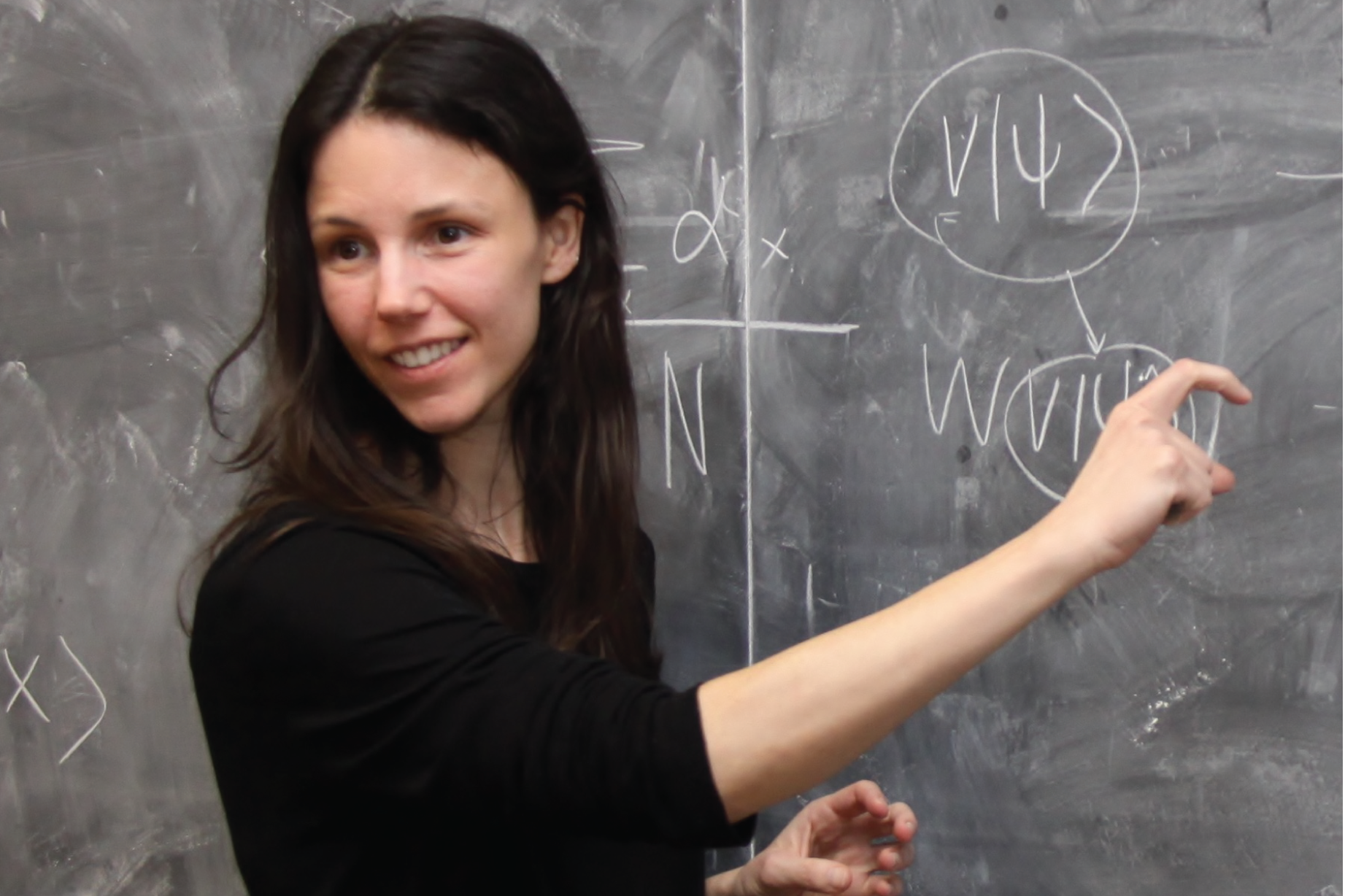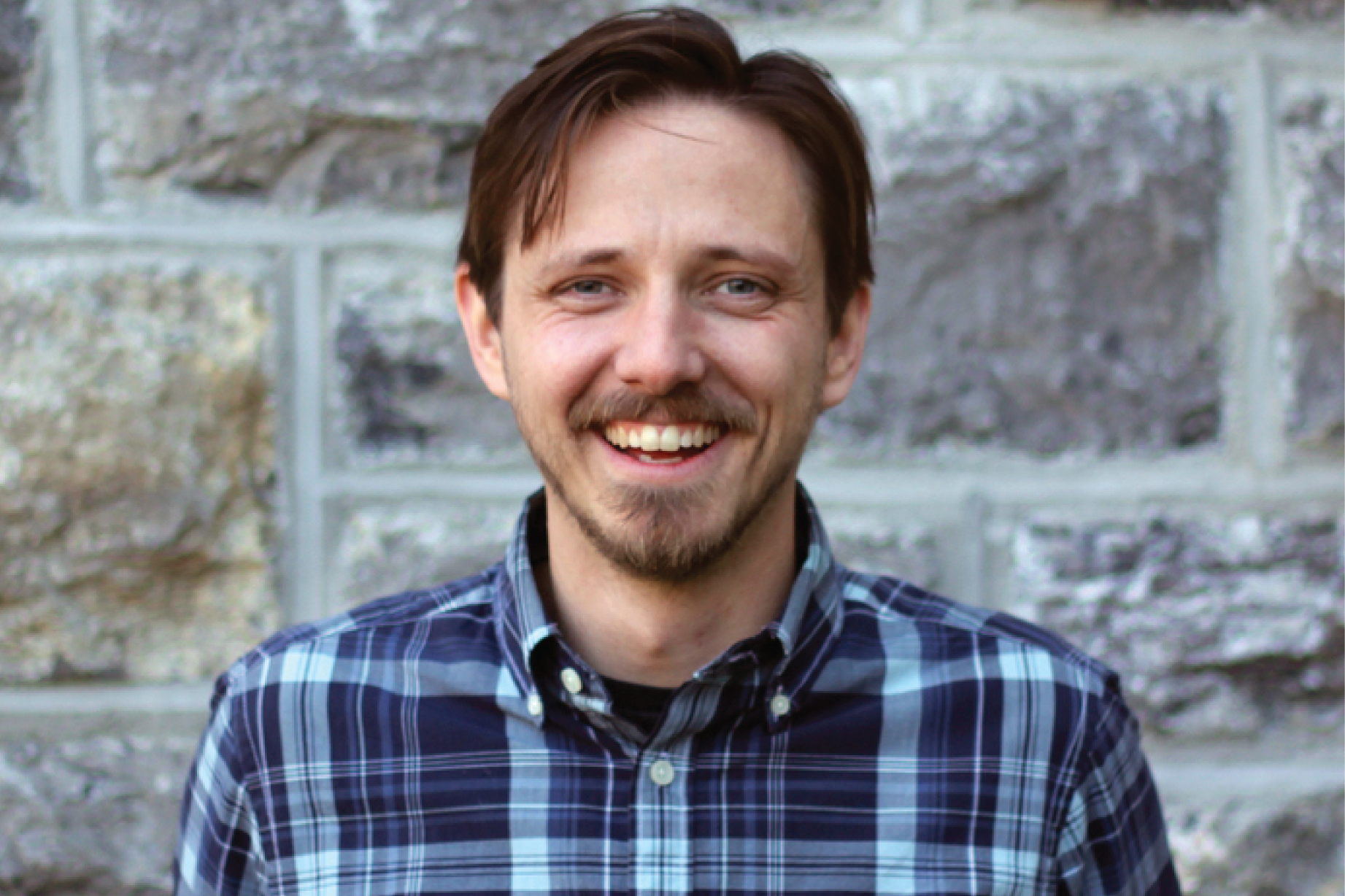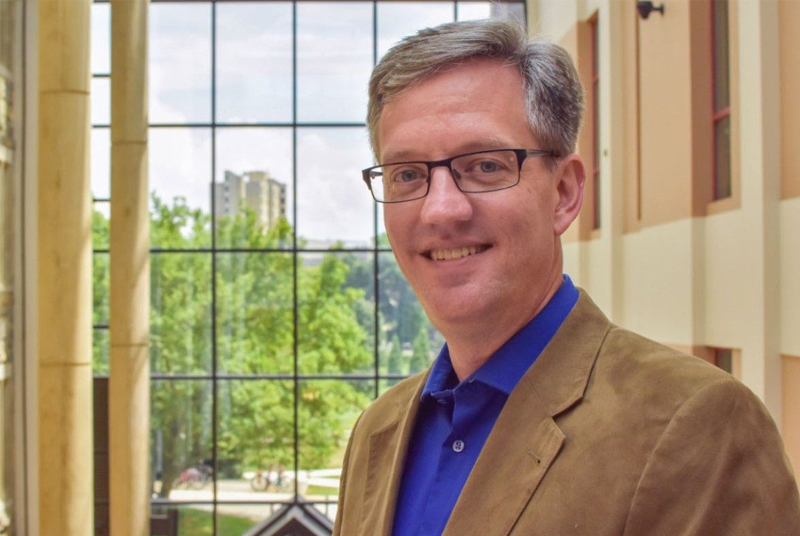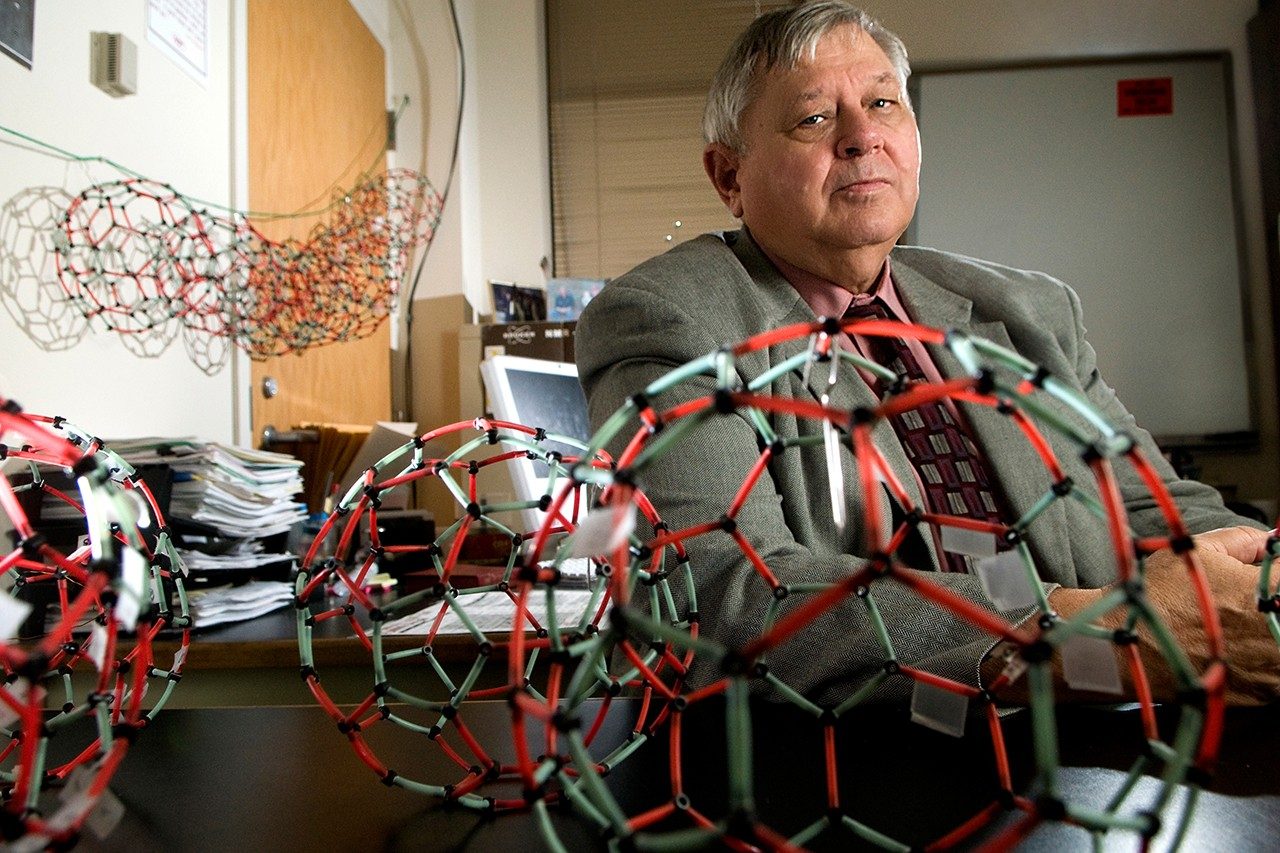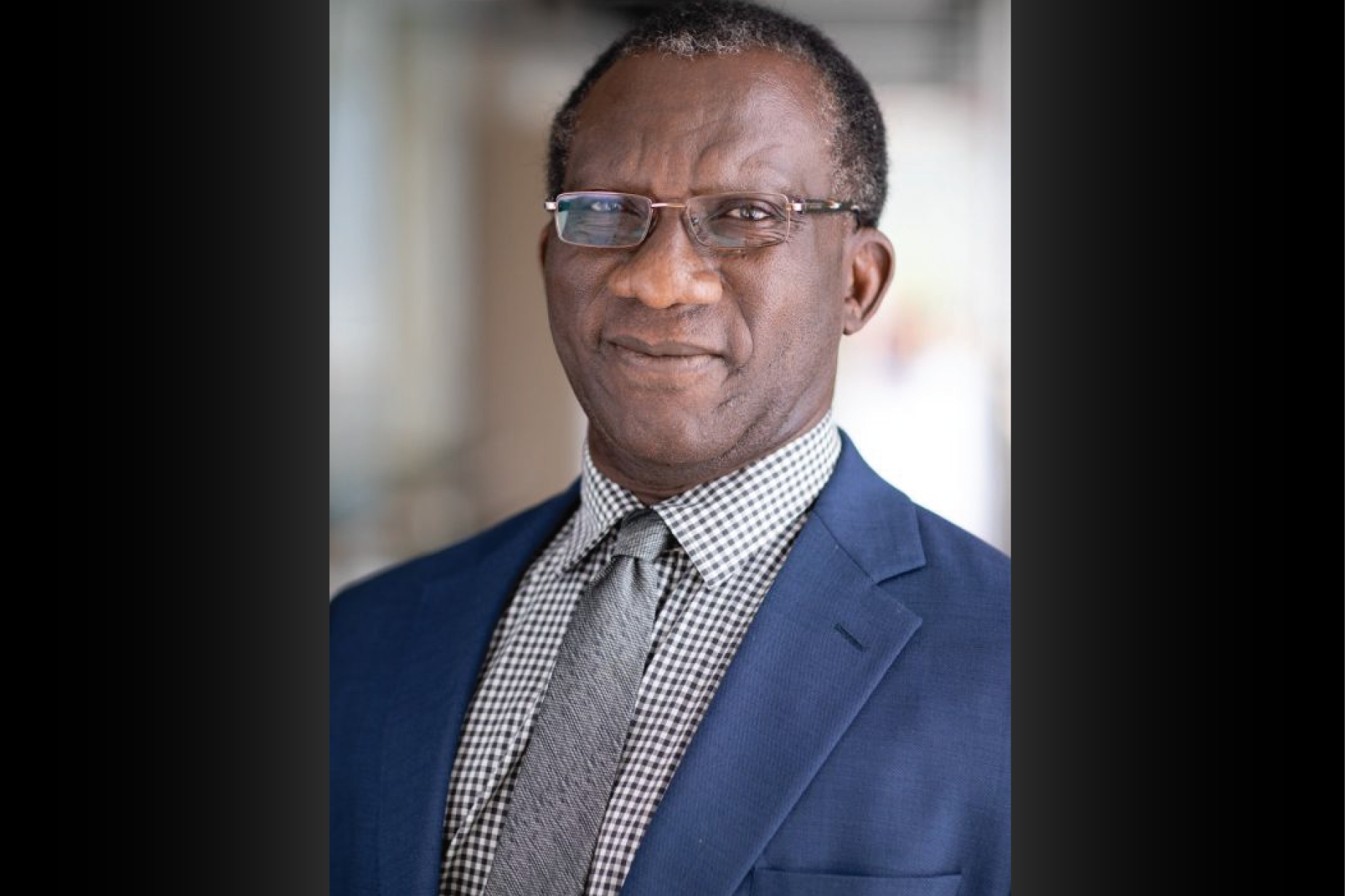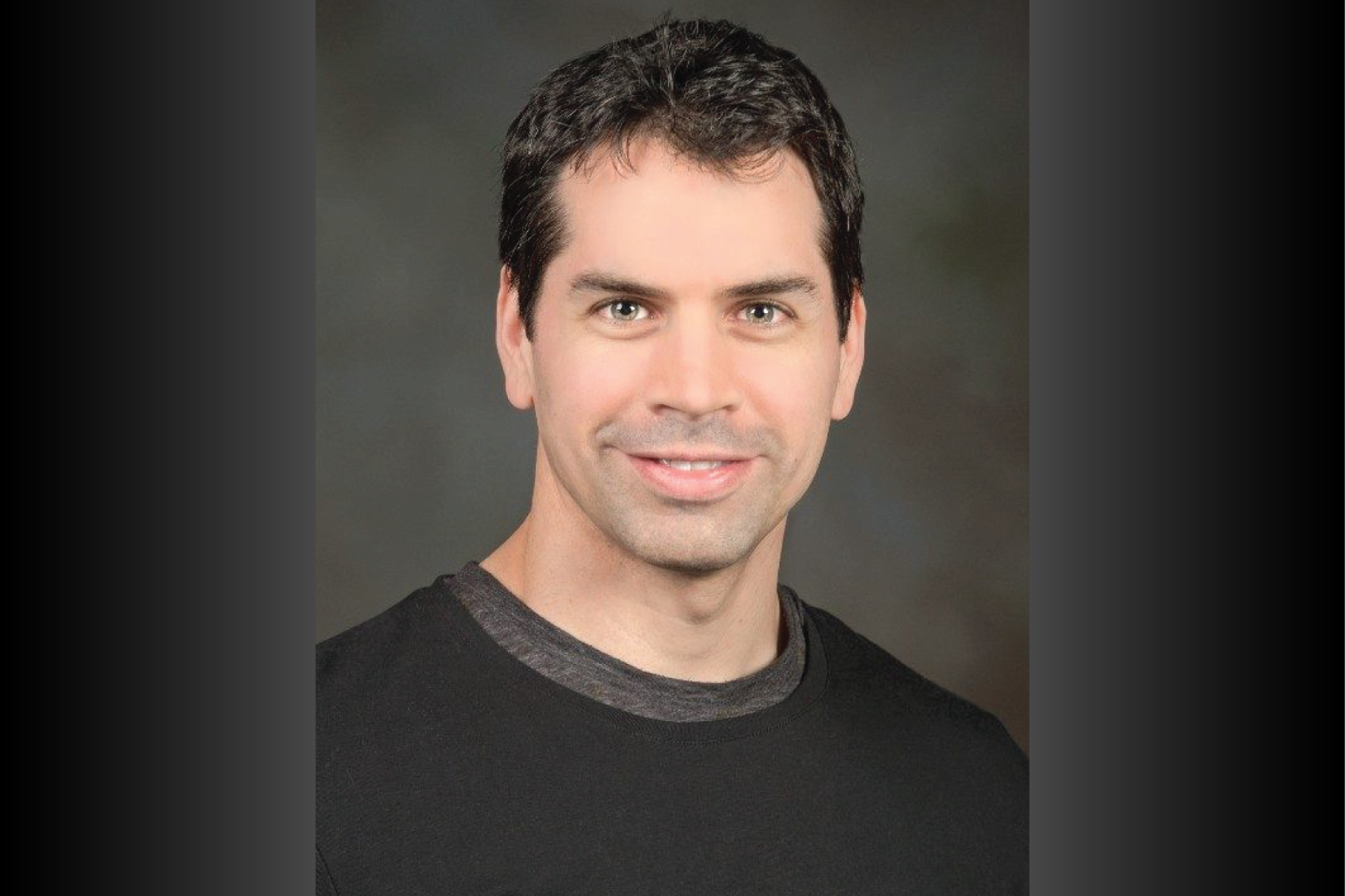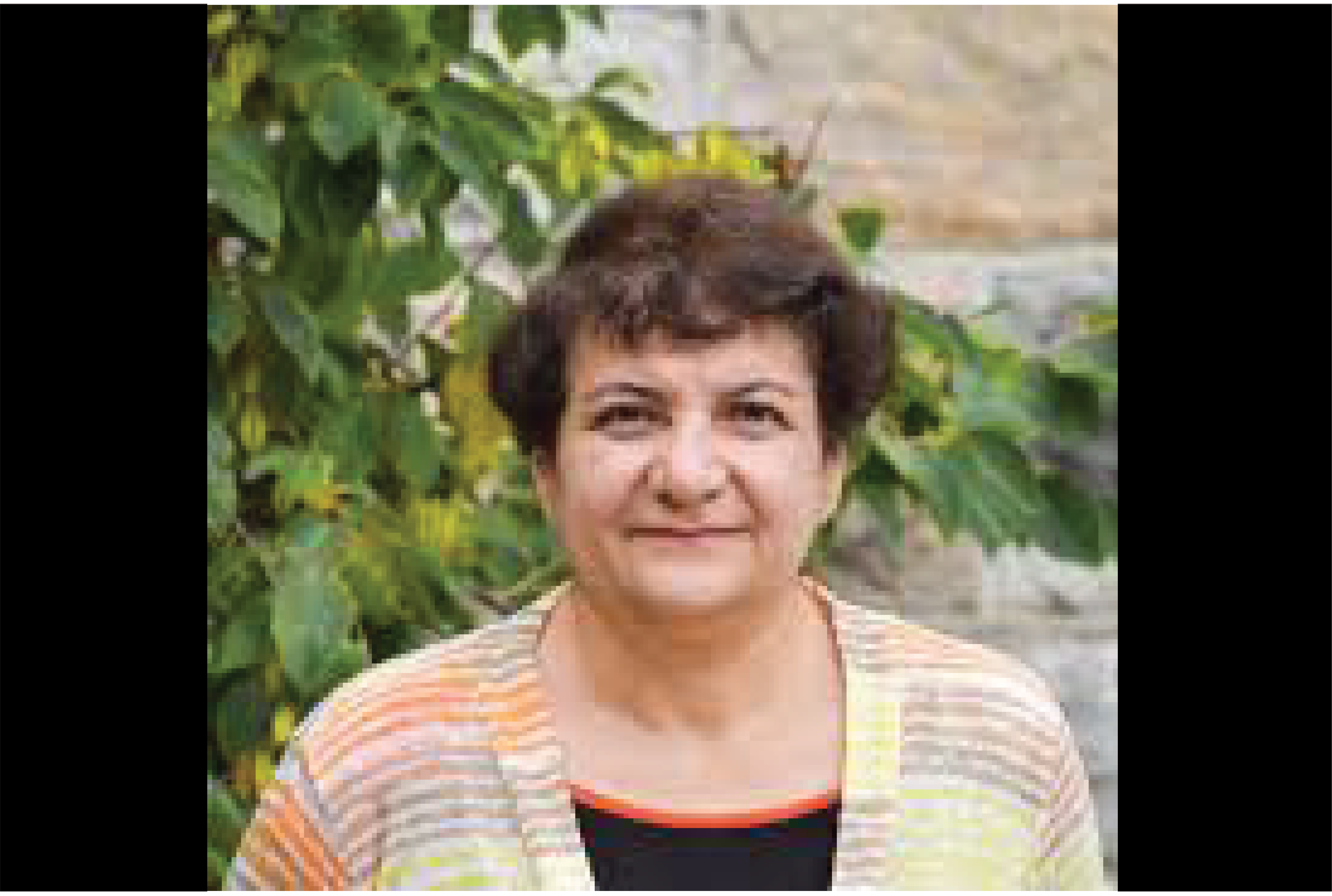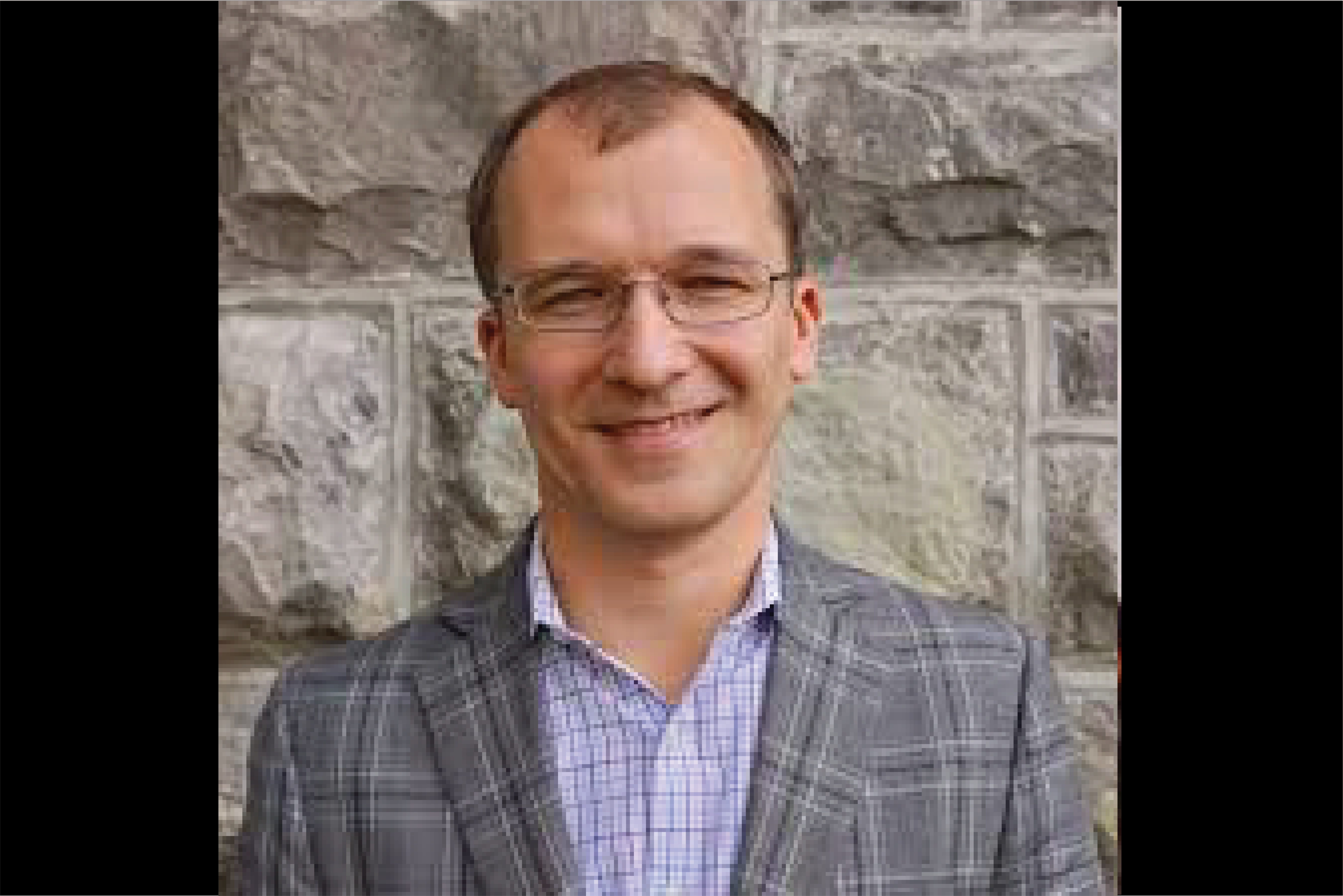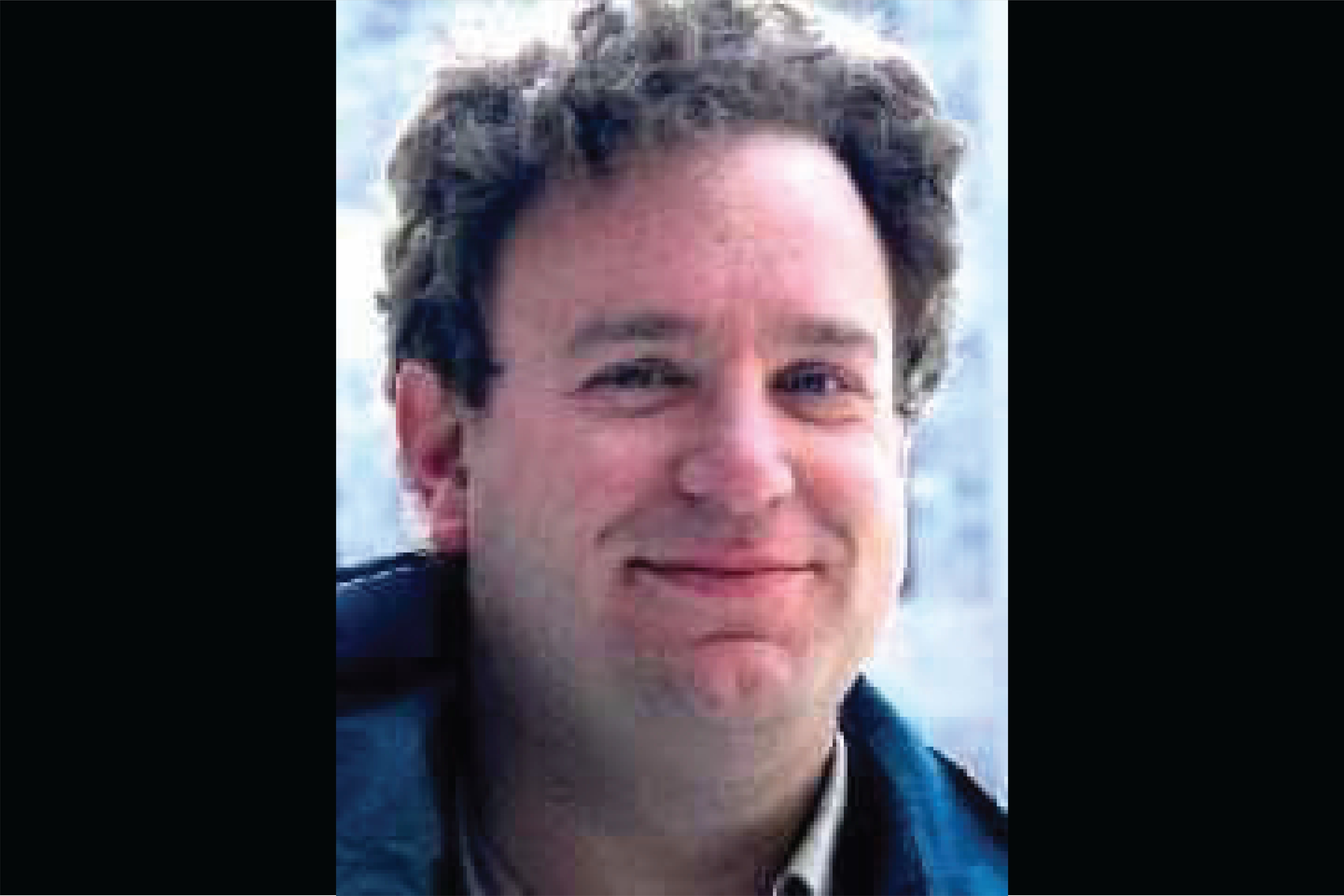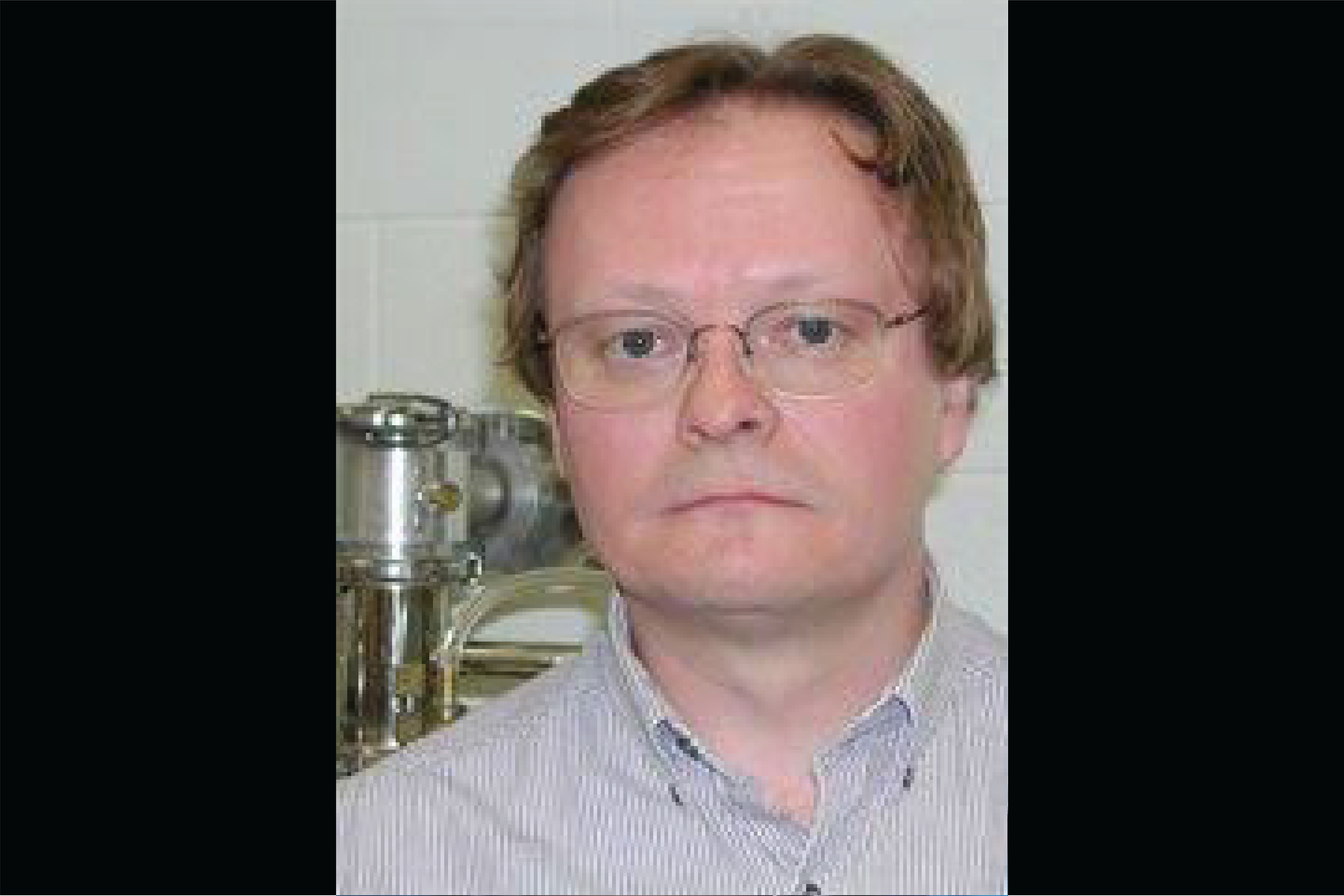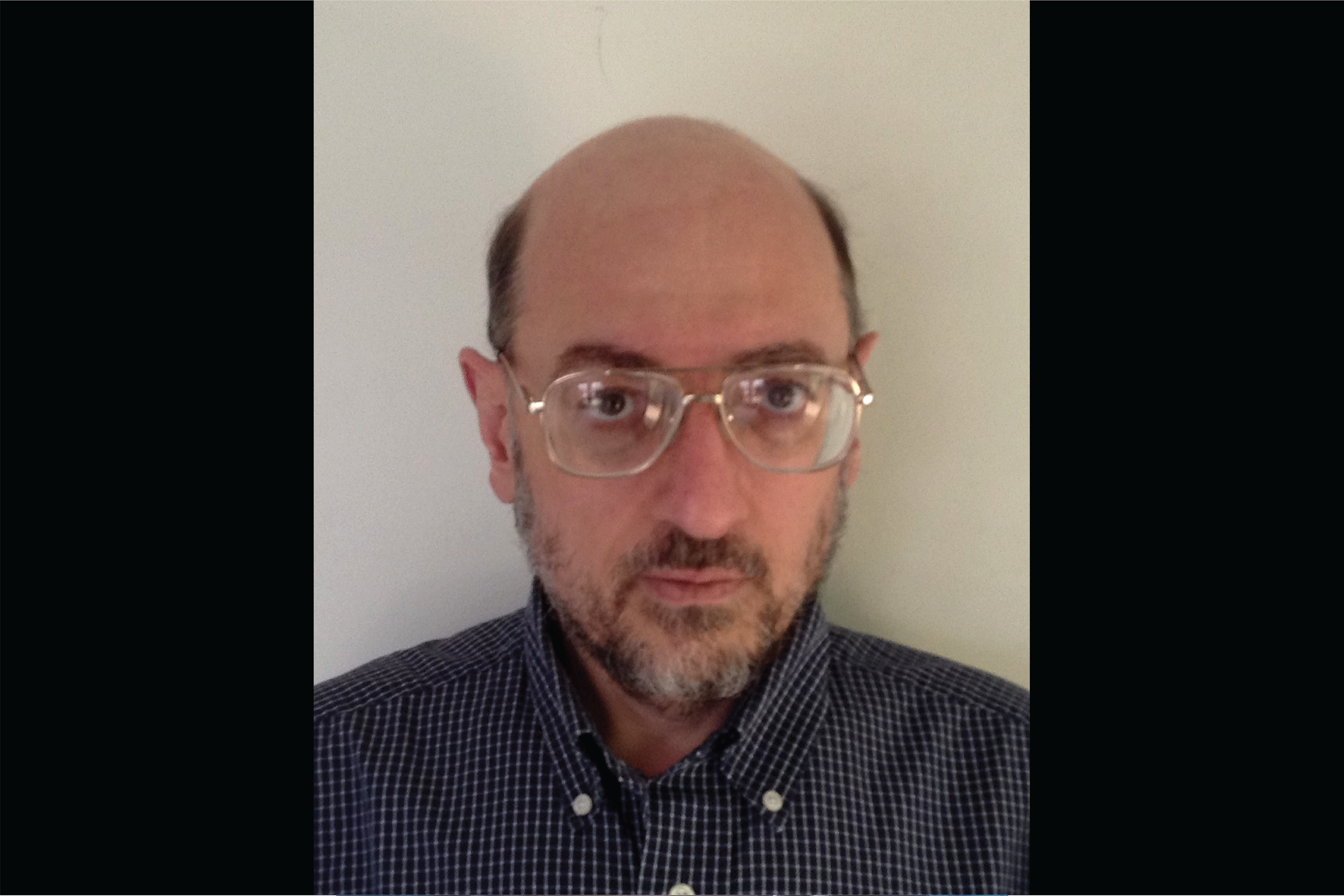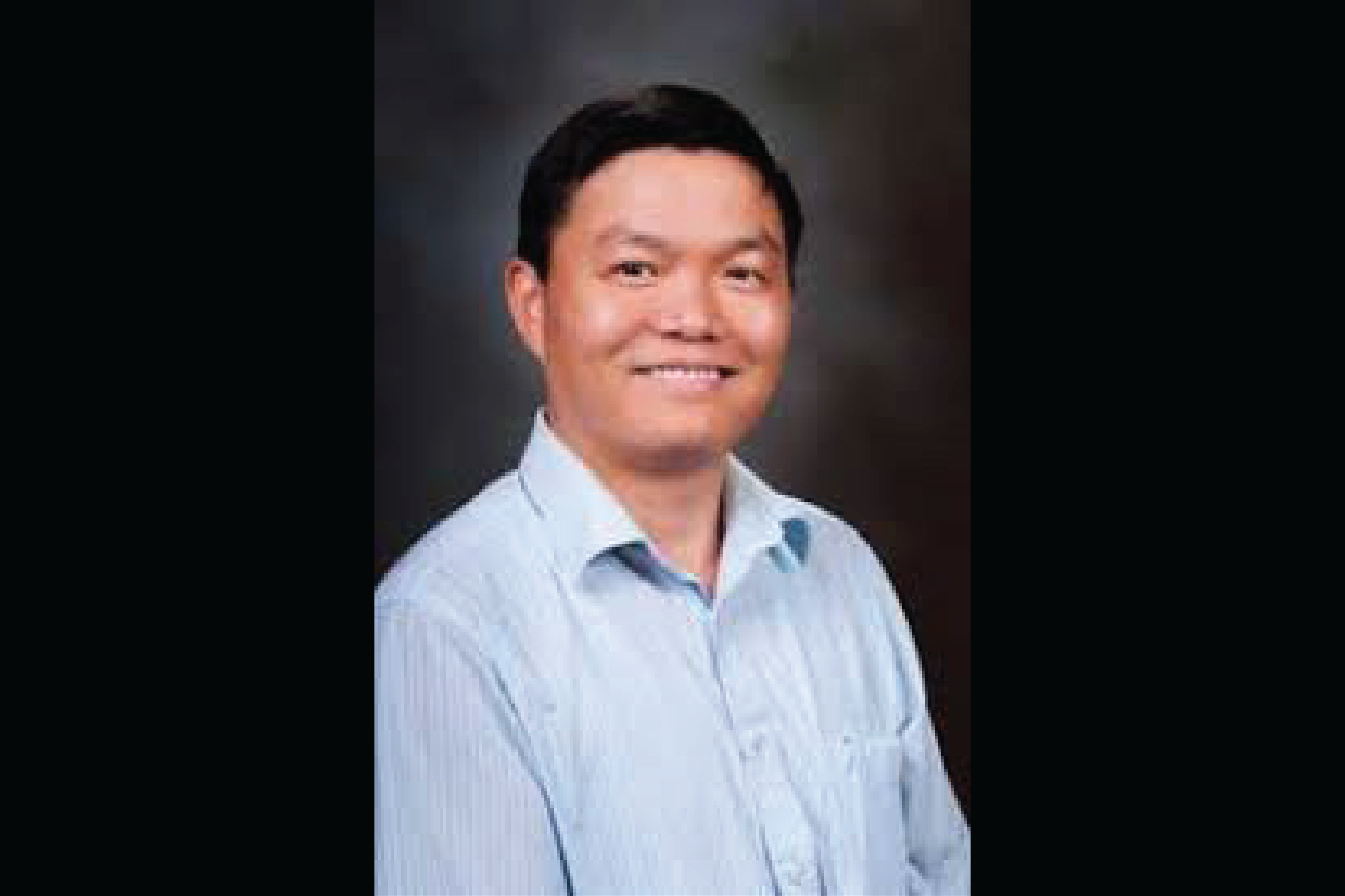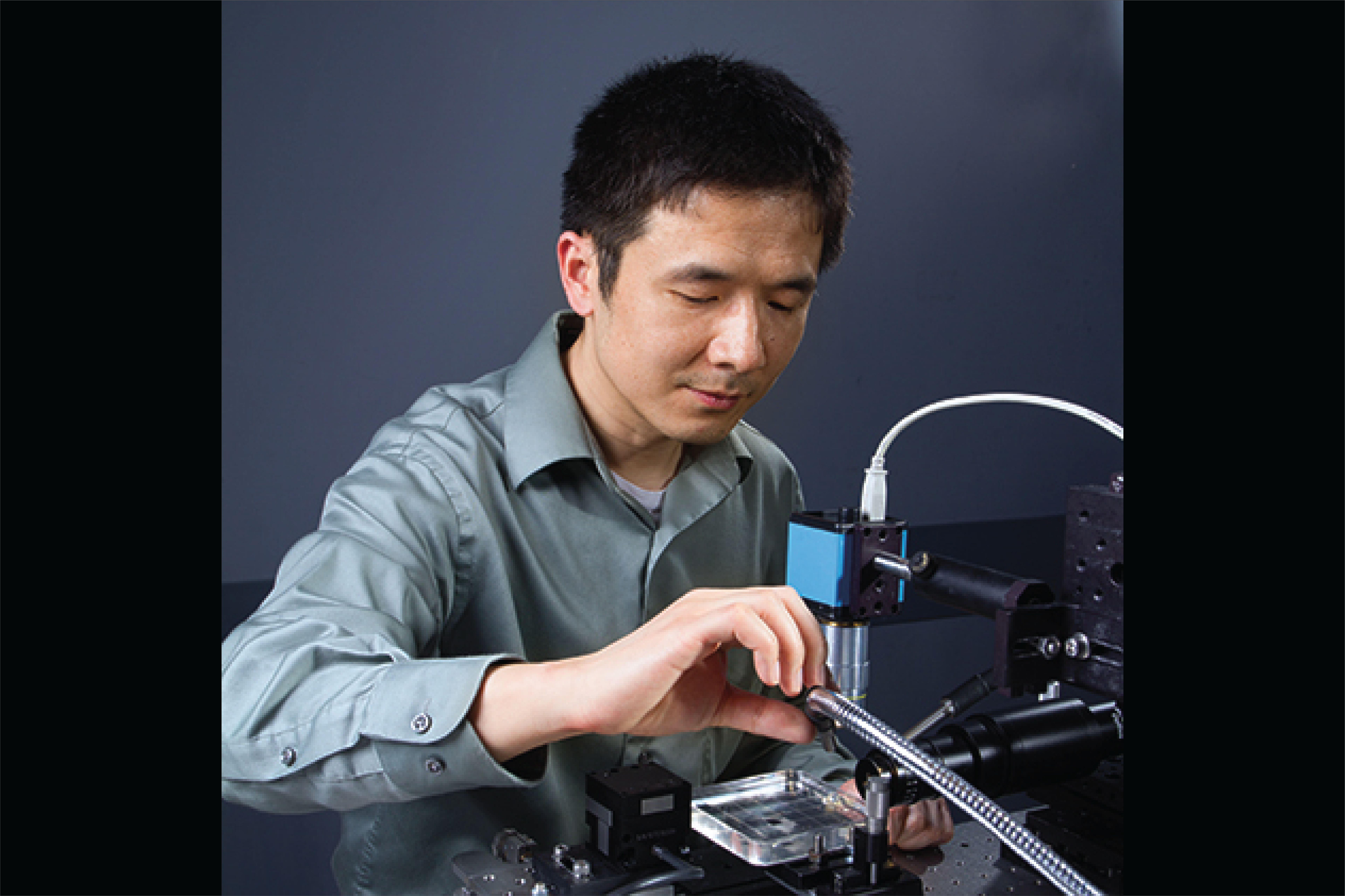Quantum Research

Virginia Tech is a leader in Quantum Research
Virginia Tech’s diverse portfolio in quantum sciences and engineering and strengths in related disciplines and applications provides a powerful platform for next generation innovations. Exceptional faculty and researchers are hard at work, generating cutting edge research that is leading to Virginia Tech’s rise as a global destination for quantum knowledge and discovery. Learn more about our strengths in Blacksburg and those that are emerging in northern Virginia in the backyard of the federal government and industry partners.
Faculty making an impact in Quantum
Hume Center Quantum Team
Quantum Defense Research Applications + Quantum Computing Workforce Initiative
Developing the next generation of computer scientist, physicists, and engineers focused on the impacts quantum computing can have on national security and driving research in defense.
Barnes Research Group
Quantum Information Science and Condensed Matter Theory
Research group uses a combination of analytical and numerical methods to understand and tackle a range of problems in quantum information science and condensed matter physics.
Economou Research Group
Quantum Information Science, Condensed Matter Theory + Quantum Optics
Research group focused on quantum information science, including quantum computing and quantum communications, condensed matter physics and quantum optics.
Crawford Lab
Quantum Chemical Models
A research group focusing on the development of state-of-the-art quantum chemical models, particularly many-body methods such as perturbation theory and coupled cluster theory for accurate simulations of chiroptical properties.
Heremans Group
Experimental Condensed Matter Physics
Research on the physics of controllably fabricated semiconductor, metal and organic nanostructures, through their electronic and magnetic properties. Areas of study include quantum-coherent electronic transport in nano-patterned semiconductor heterostructures.
Vinh Nguyen Group
Quantum Information Processing
Research in experimental condensed and soft matter physics. In particular, interested in the dynamics of electrons confined in very tiny semiconductor structures and dynamics of biological molecules through Terahertz spectroscopy.
Mayhall Group
Computational Chemistry and Theory
Providing an exceptionally detail-rich glance into the inner workings of molecular events focusing primarily on the development of novel quantum chemistry methods and the application of these methods to investigate the chemical foundations of renewable energy sources and quantum technologies.
Scarola Research Group
Theoretical Condensed Matter
Experimental and theoretical studies of quantum condensed matter reveal remarkable collective phenomena, establish new trends in physics and can lead to engineering applications.
Zhou Research Group
Nano-enabled Photonics-Electronics Devices and Systems (NePEDS)
Research group focused designing, manufacturing, and investigating Nano-enabled Photonics-Electronics Devices and Systems (NePEDS) targeting applications in the areas of (1) health assessment, monitoring, and interventions, (2) optoelectronics information technology, and (3) solar energy harvesting and conversion.
Applied Algebra Research Group
Quantum Resilient Cryptography
Research group in applications of algebraic geometry to coding theory and cryptography. Particular areas of study include quantum resilient cryptography and quantum error-correction.
Highlights
More than 20 faculty tackling cutting-edge quantum research span more than five departments including physics, chemistry, math, and several departments in engineering.
Virginia Tech houses the only NSF software center focused on molecular simulation software development.
Faculty are among top 100 scholars in the US in quantum chemistry research area (Daniel Crawford), include winners of NSF CAREER awards in quantum sciences (Ed Barnes, Nick Mayhall) and an awardee of five separate, highly competitive NSF grants focusing on quantum information science and technology (Sophia Economou).
As one of nine highly competitive NSF EFRI ACQUIRE awardees, Virginia Tech is establishing frontier research directions and expanding the limits of knowledge in the service of grand engineering challenges and national needs.
Five awards from multiple Department of Defense agencies reflect the applications and strengths of quantum computing research at Virginia Tech.
Through an NSF RAISE-TAQS project and two DOE QIS projects, Virginia Tech offers a multidisciplinary approach targeting quantum chemical systems as either the building blocks of future quantum computers or as the first practical demonstrations of quantum simulation algorithms.



